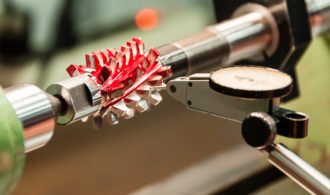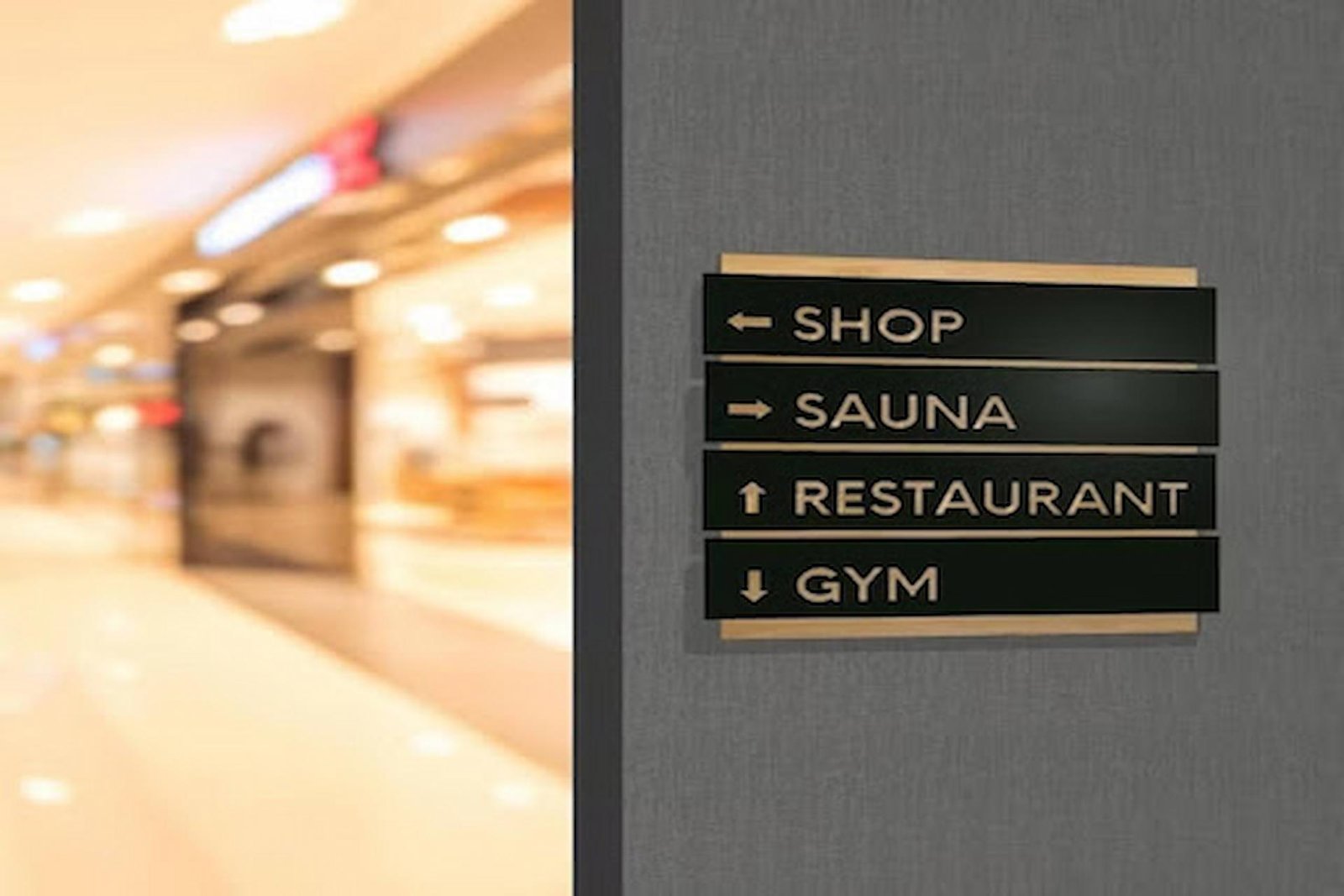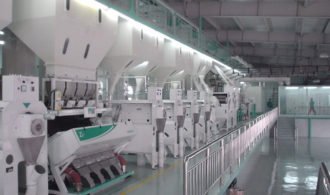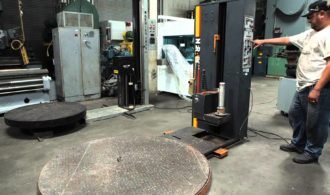Manufacturing companies the world over rely heavily upon machinery to keep their operations running smoothly and efficiently. But a machine is only as good as its maintenance, and if regular servicing is not carried out machinery components will deteriorate rapidly and reduce your productivity.
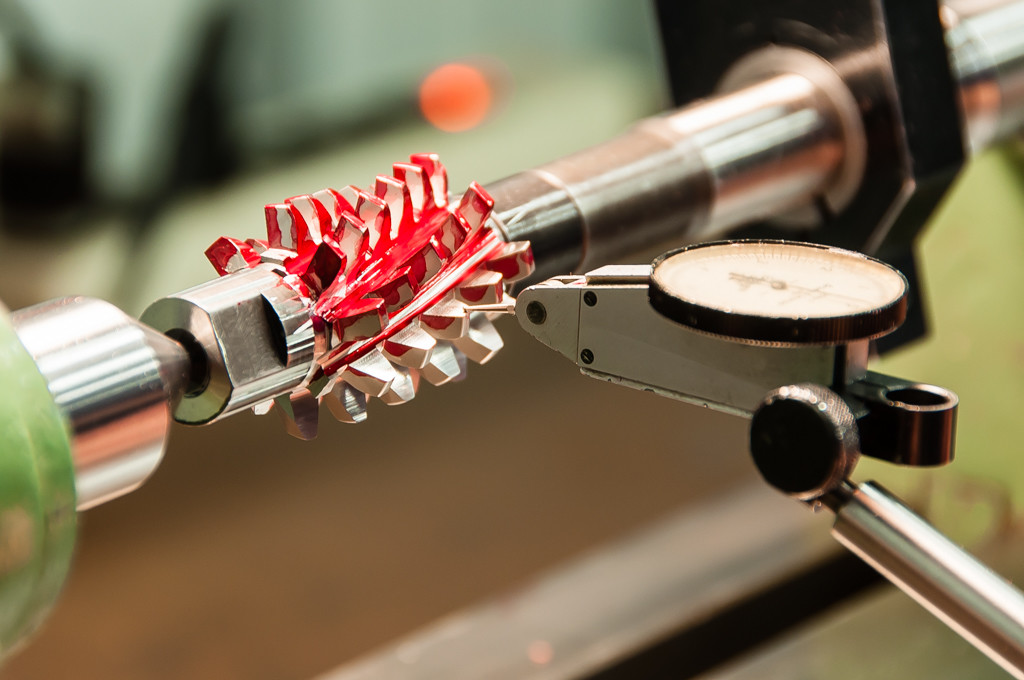
The regularity of machine tool servicing depends heavily on the duties that the machine has to perform and how frequently they are used. A specialist machine that is used once or twice a week may incur far less wear and tear than a lathe that is used on a daily basis, however this does not mean that the former should receive less attention. Just because a machine is used less frequently does not mean that it should be serviced less regularly, and systematic maintenance checks must be carried out to ensure that the operators can rely upon on the machine’s accuracy and performance when needed.
Of course there comes a time when servicing is no longer enough to keep your production line productive, and technological advances in the machine industry mean that tools are constantly evolving with unparalleled dexterity and durability. Machine refurbishments are a cost effective way to improve your output, however the investment in machine tool upgrades is one that should not be overlooked by organisations who want to get ahead in the manufacturing industry. Advanced machine tools can breathe new life into your factory floor with enhanced engineering and unrivalled accuracy that can cut your processing time in half.
If you are unsure as to whether to restore or replace your machine, it is recommended that you work on the 50 percent rule, which means if the repairs or refurbishment of your machine will cost more than 50 percent of the price of a brand new machine then it is time to upgrade, this rule has quite a lot of problems, however, if you are struggling to make a decision, this is a handy rule that can give you some sway. This can be difficult for newer companies who may have less capital to invest and regard their first machine as part of the furniture, however the investment will pay dividends when they find they are hitting targets and accommodating increasing customer demands with ease.
The key to deciding whether or not your machine tools must be upgraded is to consider whether or not higher speed specialist machines will actually improve your productivity. If space necessitates a smaller machine, investing in a larger version could actually hamper your production line rather than enhance it, and furthermore do your employees have the capacity to operate and maintain a more complex machine? In the fast moving manufacturing industry machine tool upgrades are inevitable, of that there is no doubt. Therefore if your team have the capacity to operate new technology that will meet the growing demands of your customers, then now is the time to embrace the greater scope of a newer multifunctioning machine.

